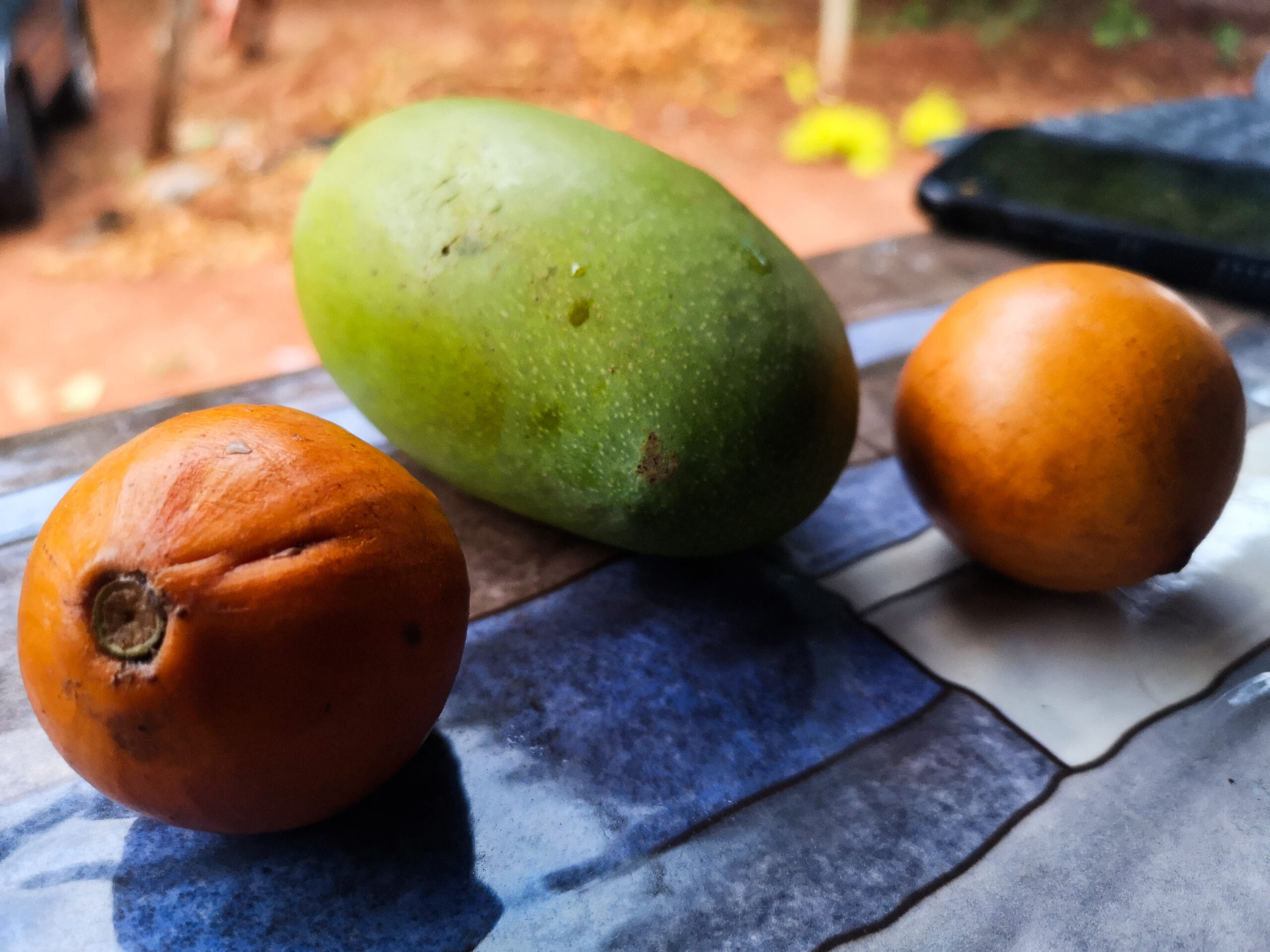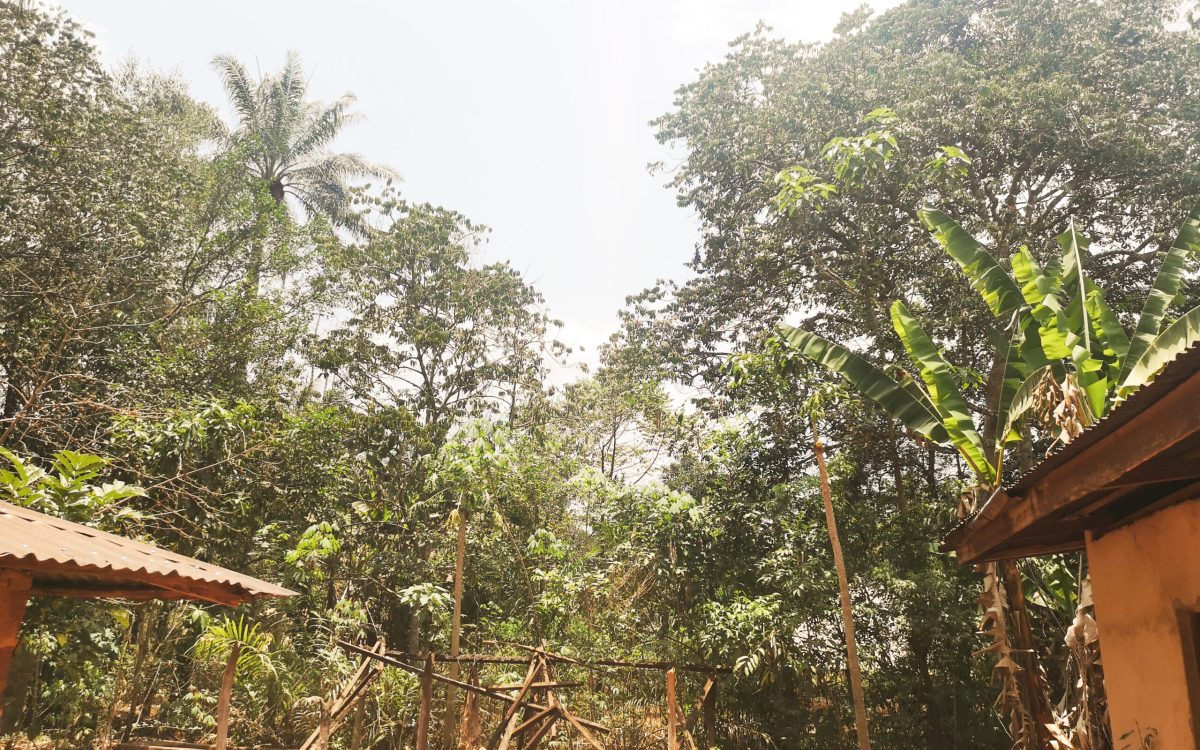Great farmers make great nations
There is a famous saying that great farmers make great nations, but that does not change the fact that “enya anwu an’gu eche onye na-achu uchu” (the sun does not wait for the person who spends too much time in breakfast). So, he who does not cultivate his field will die of hunger. Imagine a village where the fields are lush and green, and the harvest is always bountiful. This village thrives because its farmers work hard, nurturing the land with care and dedication. However, the fields are neglected in other villages, and the people face hunger and hardship. This is why Enugu-Ezike youth plans to defeat hunger through agricultural revival.
Enugu-Ezike in the light of recent social-political events
This is the story of Enugu-Ezike. An agglomeration of communities nestled in Enugu State, Nigeria, Enugu-Ezike is a region renowned for its rich agricultural heritage and diverse biosphere. This predominantly agrarian community thrived on various farming practices that significantly contributed to the local economy and the sustenance of its inhabitants.
However, for some time now, Enugu-Ezike youth have been struggling to uphold the legacy of their ancestors after a series of insecurity incidents nearly brought this peaceful community to its knees. They took drastic measures to curb the brewing trouble, even to the extent of involving their ancestral spiritual practices. The result was positive; since then, different initiatives have seen the light of the day. These initiatives were formed under the leadership of Igbo-North Youth leadership. They are, among others, the Peace and Reconciliation, Legal, Educational and Poverty alleviation, and Agricultural committees. In this series of publications, we will share with you the Enugu-Ezike agricultural revival plan.
Agricultural Practices
 The agricultural landscape of Enugu-Ezike is dominated mainly by subsistence and little commercial farming. Key crops include staples like cassava, yam, maize, melon, and pepper, essential for local consumption. Cassava and yam are particularly significant, serving as staple foods and primary sources of carbohydrates. Additionally, vegetables such as tomatoes, pepper, and okra are widely cultivated, providing essential nutrients and adding variety to the local diet.
The agricultural landscape of Enugu-Ezike is dominated mainly by subsistence and little commercial farming. Key crops include staples like cassava, yam, maize, melon, and pepper, essential for local consumption. Cassava and yam are particularly significant, serving as staple foods and primary sources of carbohydrates. Additionally, vegetables such as tomatoes, pepper, and okra are widely cultivated, providing essential nutrients and adding variety to the local diet.
Cash crops like palm oil, cashews, mangoes, and pears also play a pivotal role in boosting the region’s economy. Palm oil, extracted from the oil palm tree, is a major export product and is used locally in cooking and other industries. Cashew nuts and maize are other important export commodities, contributing to the community’s income and trade.
Livestock farming complements crop farming and provides diverse income streams for the farmers. Poultry farming, including chicken and turkey rearing, is prevalent, providing a source of meat and eggs. Goat and cattle rearing are also significant, supplying meat, milk, and other products for local consumption and sale.
Biosphere and Biodiversity
Enugu-Ezike lies within the tropical rainforest zone, boasting a rich variety of flora and fauna. The region’s vegetation includes tropical hardwoods, such as mahogany and iroko, which are valuable for timber and construction. Palm trees, including the oil palm and coconut palm, are abundant and play a significant role in the local economy. A myriad of shrubs and grasses also flourish, supporting the region’s diverse ecosystems.
Wildlife, though impacted by human activities and deforestation, consists of various bird species, small mammals, and reptiles. Birds such as hornbills, turtle dove, and weaver birds are common, adding to the region’s biodiversity. Small mammals like squirrels, rodents, and bush babies inhabit the area, along with reptiles such as lizards and snakes. The tropical climate, characterized by a wet season from April to October and a dry season from November to March, creates an ideal environment for farming.
Land Fertility
The fertile soil of Enugu-Ezike is a cornerstone of its agricultural success. Predominantly loamy, the soil is rich in nutrients and has excellent water retention capabilities, crucial for sustaining crops during the dry season. The region’s undulating terrain facilitates natural irrigation and drainage, minimizing risks of waterlogging and soil erosion.
Additionally, the soil’s high organic matter content, derived from decaying plant material and animal manure, enhances its fertility. Traditional farming practices, such as crop rotation and the use of organic fertilizers, further maintain soil health and productivity. Crop rotation helps prevent soil depletion and reduces the risk of pests and diseases, while organic fertilizers improve soil structure and fertility.
Sustainable Practices
Farmers in Enugu-Ezike often employ sustainable farming methods to preserve the land’s fertility and ensure long-term productivity. Agroforestry, the integration of trees and shrubs into farming systems, helps maintain soil health, enhances biodiversity, and provides additional income sources from tree products. Additionally, farmers practice intercropping, growing multiple crops together to maximize land use and reduce the risk of crop failure.
Enugu-Ezike’s Agricultural Revival Plan
In conclusion, Enugu-Ezike’s blend of fertile land, diverse agricultural practices, and rich biosphere underscores its significance as a vibrant agricultural hub in Nigeria. The region’s commitment to sustainable farming ensures the preservation of its natural resources for future generations.
We will share how this project will take effect in our subsequent publications. So, look out for stories of Agricultural revival in Enugu-Ezike communities.
-
Facebook
-
Twitter
-
Linkedin






